PHOTOS: Film production class
River Myska, a junior at Brattleboro Union High School, talks to fellow classmates during a film screening as part of a film production class at the Windham Regional Career Center in Brattleboro on Friday, March 31, 2023. Purchase local photos online.
BRATTLEBORO — Is film making part of a technical education or should it be part of regular high school curriculum?
That’s the question at the heart of the decision to eliminate the film studies course offered at the Windham Regional Career Center.
Career technical education is funded through Perkins V [Five] money the federal government sends to the states, said Nancy Weiss, who is in her fourth year as the career center’s director.
To receive that money, a school has to conduct a comprehensive local needs assessment of the courses it offers every two years.
“And you have to look at them to see if they are high skill, high wage and high demand,” she said. “Is there high demand in our county for film studies? And the answer to that was no. So I stretched it and said, is there high demand in Vermont? And the answer again was no.”
Weiss said she then looked at whether film making was in high demand in all of New England, and again, she concluded it was not.
Meeting with the WRCC’s regional advisory board, she said, they decided “We are not meeting the mission of CTE by continuing this program. And so we moved forward with not budgeting for the program this year.”
She also noted that the four-year certification for instructor Jesse Kreitzer was expiring.
“We might not have a teacher and we are not meeting the CTE program requirements,” said Weiss.
Kreitzer said he received a four-year provisional license that expires this year, and though he has a very comprehensive background in filmmaking, two advanced degrees, and years of teaching experience, he does not have a college degree in education.
“The future of the program shouldn’t be contingent on whether or not an employee decides to resign,” he said. “This is a private personnel matter that should have no bearing on WRCC’s decision to discontinue the program.”
He said the minutes of a recent advisory board meeting noted WRCC intended to cut film to fund a new plumbing/HVAC program.
“So I asked for written assurance that it was secure before pursuing the license, a time-intensive and demanding process. I waited two months for a response until I was informed that they could not provide that assurance.”
Though Kreitzer said he wasn’t interested in pursuing another provisional license to teach for just one more year, he was willing to help the career center find someone who was willing to lead the class next year.
“If media programs are coming under scrutiny, instead of putting them on the chopping block, we need to triple down and expand these offerings, bring in more voices, more stakeholders, bring in other people that are skilled in areas that I am not,” he said. “In my view, to ensure the program’s long-term sustainability, it should expand beyond film production to include other disciplines, including graphic and web design, audio production, photography, and marketing/branding. The program would essentially function as a production lab, offering low-to-no-cost media services for area nonprofits and businesses.”
There are 10 students currently in the program, three seniors and seven of whom would have returned for a second year if the program was to continue.
Kreitzer described the decision to end the program as “pulling the rug out” from under the students and he hopes the career center can figure out a way to offer the class for one more year.
“Even though WRCC has no formal obligation to offer a second year to current students, WRCC should make good on their word.”
“I know parents are upset,” said Weiss. “I know they’re worried about their kids, which is completely appropriate. And I have been looking for other alternatives.”
Students enrolled in the course can attend film studies in Bennington or Springfield, but have to find their own transportation.
The Community College of Vermont also offers film courses, noted Weiss, and students can also sign up for classes through Brattleboro Community Television.
“None of those alternatives are perfect,” said Weiss.
“We are outraged and deeply saddened by yesterday’s email, and we are confused by the abruptness of the closing of this invaluable program,” wrote Angela and Ben Mousseau in an email to Weiss on behalf of their son, Leo. “He has been interested in film making since early childhood, has attended summer camps with this focus, and has found the comradery and professional leadership of this class to be life changing.”
The course has offered their son and his peers a place to bond where they have found “a sense of identity and belonging, as well as an optimistic view of the future.”
“The students involved in this program have found value and a community, and they willingly made the two-year commitment to the Windham Regional Career Center,” wrote the Mousseaus. “To have that commitment broken by the program is a devastating blow.”
Wendy Killian, of Whitingham, said the film studies course has given her daughter, Moyra, “a new lease on life.”
“During COVID, Moyra was on remote and almost failed out of school and didn’t want to go back,” she said.
Now, her daughter has made honors the past two semesters in Brattleboro.
“She had this once in a lifetime opportunity, made a two-year commitment to the program, and now the door is slamming in her face,” said Killian, who asked that the career center find a new teacher and at least fulfill its promise to the seven returning students.
John Mosher, a 17-year-old student from Whitingham, said he’s learned a lot about camera shots, angles and movements, and how to edit footage. He’s also learned how to write a screenplay and develop shot lists.
“I was really excited for the second year because that was when we could just go out there and start filming stuff. I was really looking forward to it.”
Mosher described Kreitzer as “one of my favorite teachers I’ve ever had.”
“He pushes students to portray themselves creatively, and he’s always there to help anyone when they need help.”
Mosher said he and some of the other students will probably sign up at BCTV to continue their studies.
Stacey Skwirut, of Wilmington, said her son, Lincoln Hurley, is very disappointed by the decision to end the class.
“He was expressly promised a second year,” she said, adding “it’s preposterous” to expect a high school student to travel to Bennington or Springfield for a course and then have to return for all their regular classes.
“I was honestly kind of shocked because they, for the past six months, were promising us we would be able to finish,” said Hurley, who described the students in the class as “a motley crew” who enjoy hanging out and learning together.
The program was started 27 years ago by Michel Moyse.
“He was a mentor to me. I cut my teeth at this program when it was the Center for Digital Art,” said Kreitzer.
Moyse, who stopped teaching in 2018, said he was disappointed to hear about the decision to end the course.
“Maybe it could be reborn, but it would take dedication and will,” he said.
Moyse said teaching teenagers how to express themselves is important “for our community, for students, and for the future of our democracy, which, like it or not is dependent on a cultured, informed citizenry, one that regards education as something more than merely an avenue to employment.”
"course" - Google News
April 07, 2023 at 02:00AM
https://ift.tt/rFnRNx7
'Pulling the rug out': WRCC ends film making course - Brattleboro Reformer
"course" - Google News
https://ift.tt/C31SZ4u
https://ift.tt/wip5Q2F
Bagikan Berita Ini
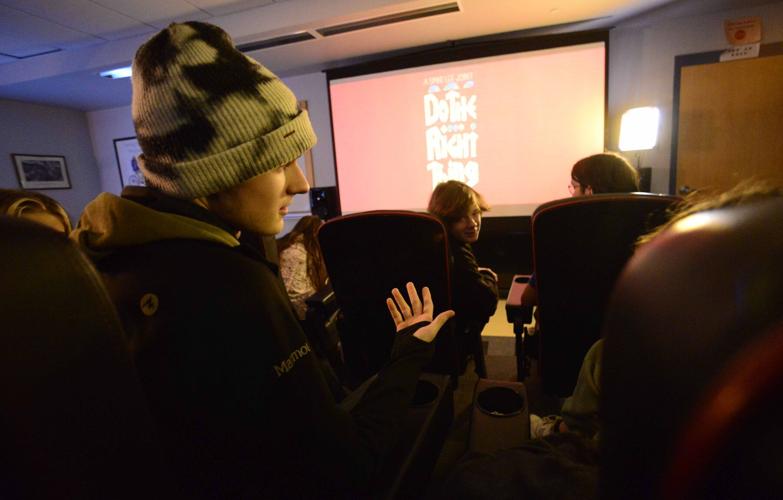
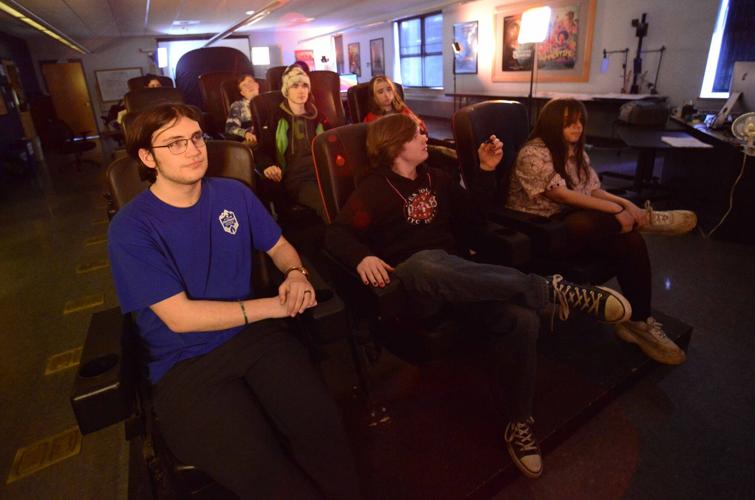
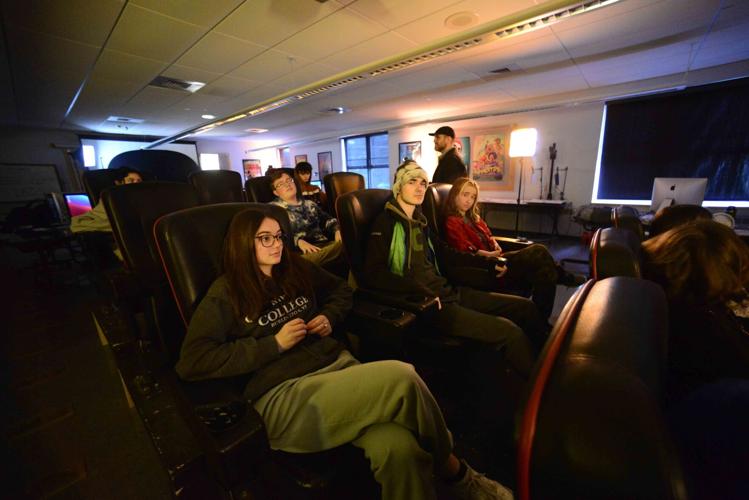
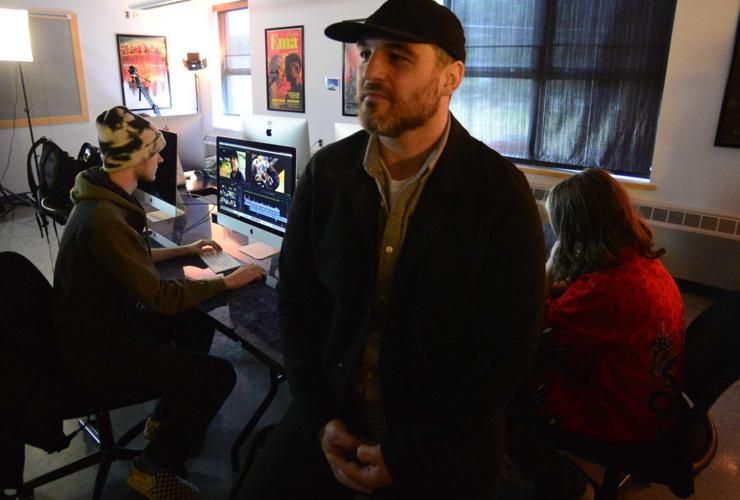
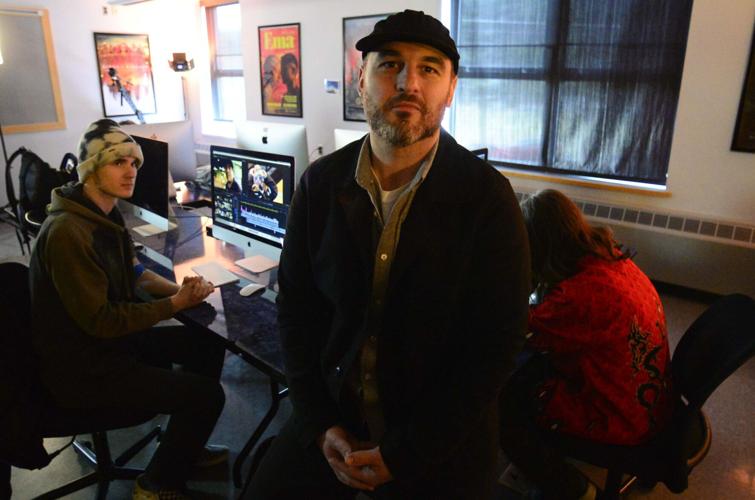

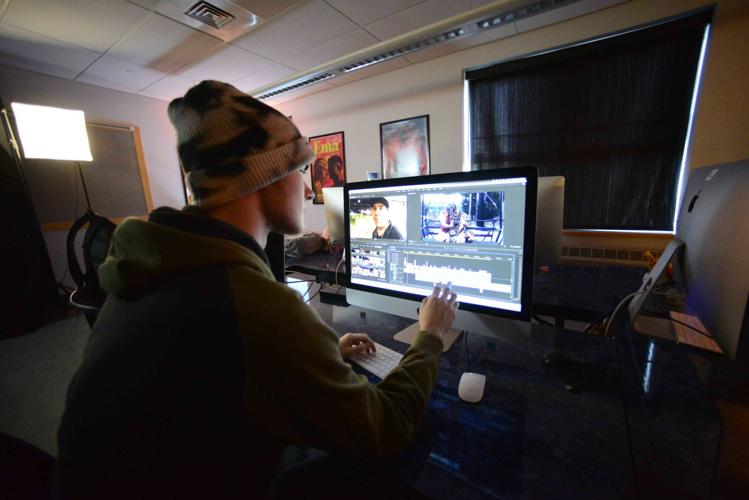
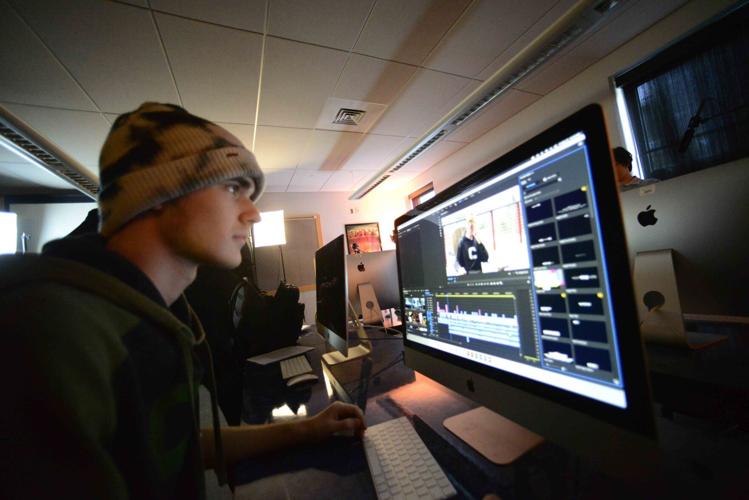

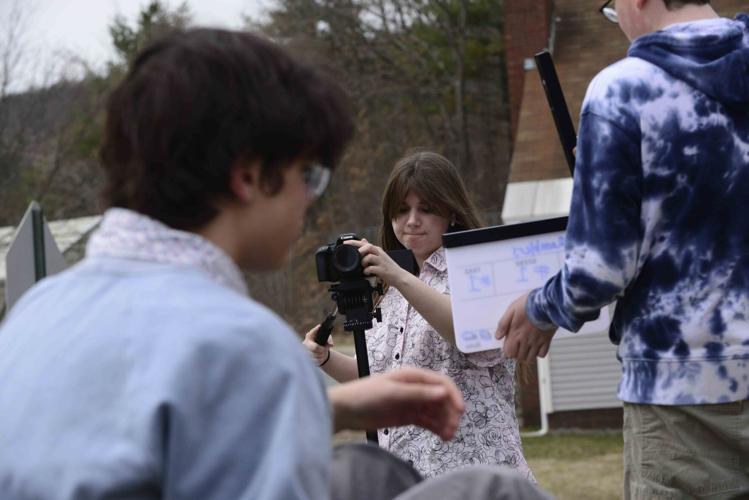
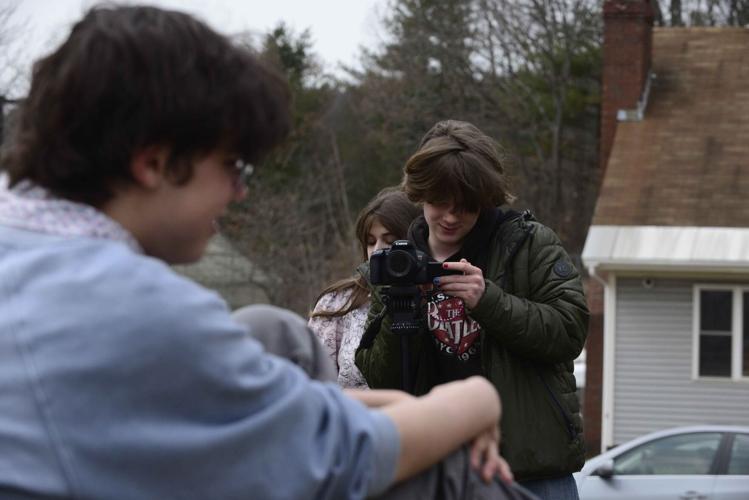
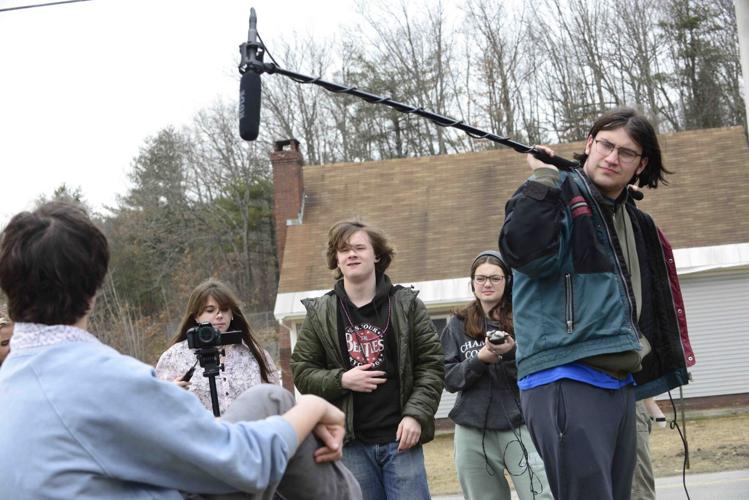
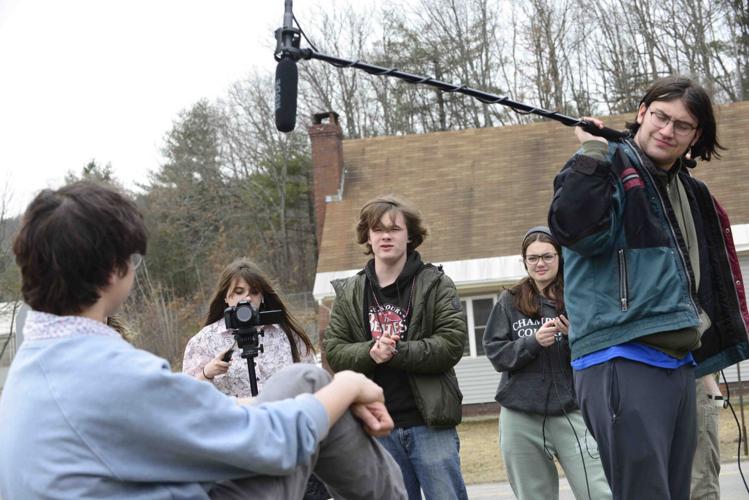














0 Response to "'Pulling the rug out': WRCC ends film making course - Brattleboro Reformer"
Post a Comment